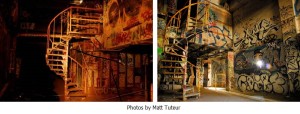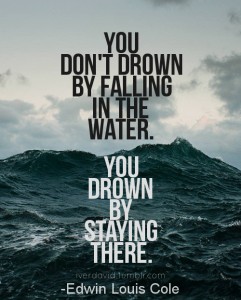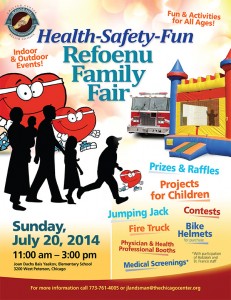The setup
For a few months our oven hadn’t been behaving nicely. There were issues with the gas flow, temperature regulation, even the flame for the oven would frequently just go out for the heck of it. Aside from the faint smell of natural gas it made cooking anything into a very stressful and drawn out event. Even roasted chicken or pizza seemed to take forever.
The story
When it came to making Shabbos and Yom Tov meals it was a nightmare. Talk about your “overnight” potato kugel! Things cooked and baked slower than molasses in January. Once Friday I had to abandon cooking chicken in the oven and throw it in the grill outside minutes before candle lighting. It would take forever, but my wife always ended up cranking out awesome stuff from the oven. She takes special pride in working hard to make challah every week. She puts her soul into it and you can taste it. It is amazing. Even with our unpredictable oven she would work tirelessly to bake challah. Once in a blue moon the oven temp would be too low or too high and my wife would end up making another batch just to get it perfect. She knows that we all love her challah. It devastates her when it doesn’t come out right.
We got a new oven a week before Rosh Hashanah and it turned on, kept its temperature, didn’t smell of gas or turn off randomly. As I mentioned, her challah is awesome and when we did tasted it the first time from the new oven it was three cheers for mommy. Unanimously everyone liked it. The kid that hates crumbs liked it. The kid that doesn’t eat the crust actually ate the crust. The kid that is particular about their piece didn’t complain about it. I was floored. Not because of just how gevaldik it was, but because I realized how important a normal oven really is. It changed everything. It made great challah into something that was on a higher level.
The lesson
My thoughts that night turned from the positive results of a great oven to the importance of providing a nurturing environment for my family. This isn’t my strongpoint, to say the least. I try, succeed, fair, try again, rinse and repeat.
Lectures, stories, schmoozim, and talks all say that it’s priority alpha to create a safe and trusting home for your kids. “There’s no stability in the outside world. Are kids are bombarded by messages, images, and ideas that are anti-Torah. With all this technology relationships are now defined by numbers of followers.” These are some of the statements you’ll hear people say about this challenges in raising kids. The underlying point is that we have to create a safe zone for our kids. A place where they feel welcome, important, and are loved unconditionally (this I am saying only to myself, since it’s a major area that I am trying to work on). Like the challah that bakes great in the right environment, we need to give our kids the stability of warmth so they can grow to their potential. Cheesy, I know, but true to the core, baby.
The real-deal
Fluff, simply words, or something more? It’s really what you chose to takeaway. I will share this true story on from this past Shabbos night. My son had a bad day in his yeshiva high school and it spilled over to the Shabbos table. I asked him to do something and he didn’t want to do it. I pressed him again and he stuck to his guns (a middah that can be positive or negative). So I pulled out an authoritarian card and he decided to leave the table.
At the time I didn’t think I was asking anything too outrageous. Was I wrong for finally strongly asking him? I would think yes. It was only right after he left that I realized the real crime I committed. I didn’t think about the fact that part of his day in yeshiva really was a major bummer for him. Had a been a sensitive and nurturing parent, I would have stopped after the first time I asked him and just let it go. He wasn’t in the mood do anything I asked him and at that moment it shouldn’t have been a big deal to me. It’s only by knowing our kids and parenting/teaching them in a positive way that we can help them. There are plenty of times when we needs to point out areas of improvement to our kids but sensitivity and common sense have to come first.












